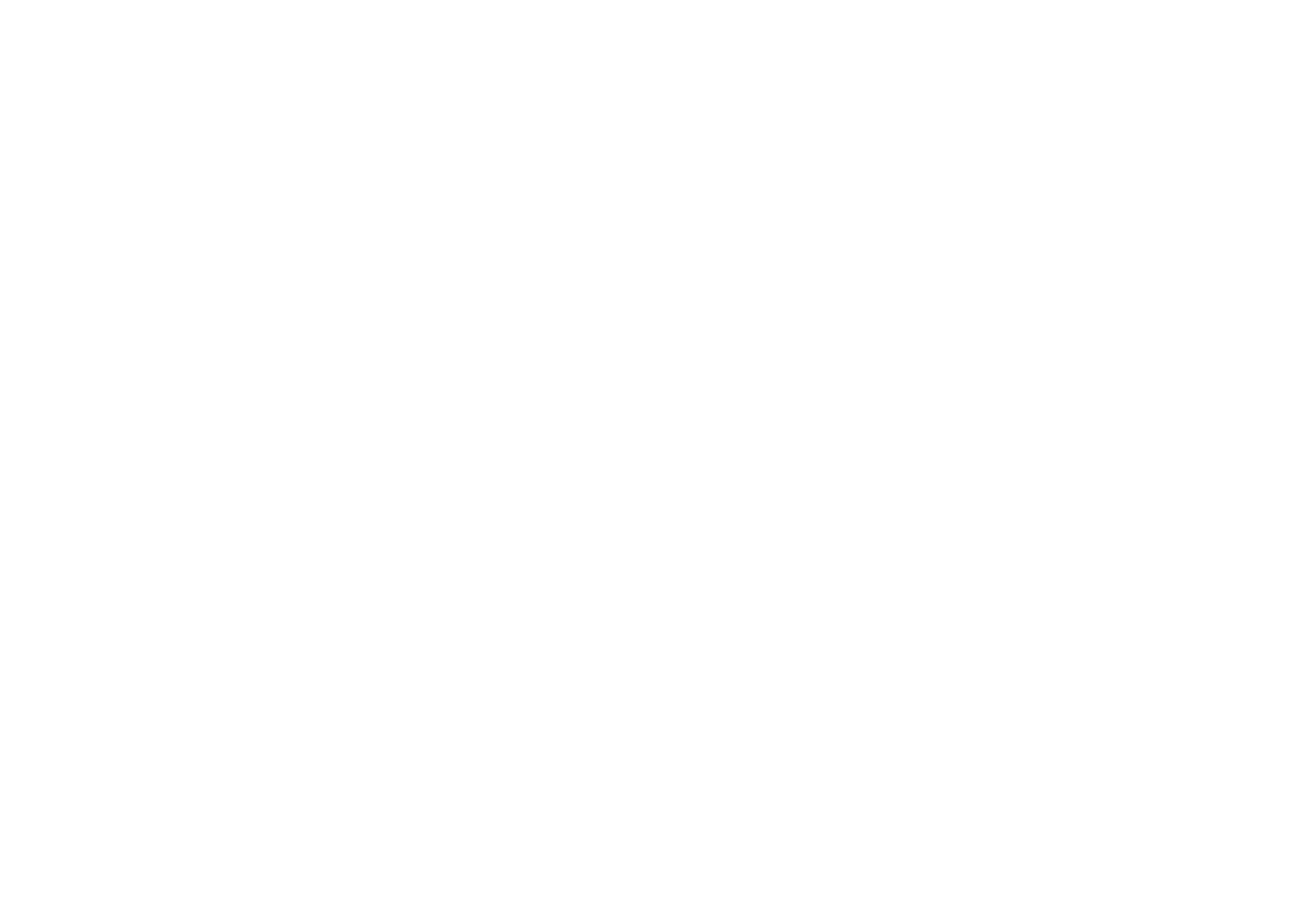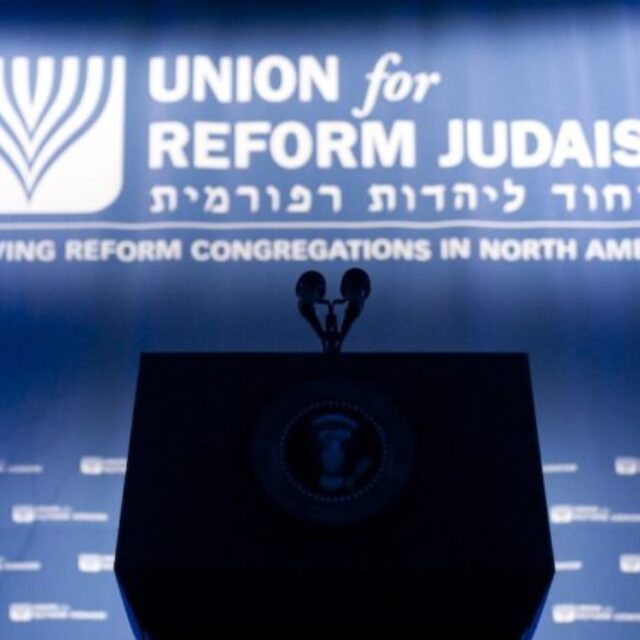From Out of Pain: The Reform Movement Reports
Sermon by Rabbi Joel M. Mosbacher
Friday, February 18, 2022 / 17 Adar, 5782
What do you do when you find out that people that you admired, people who inspired you, people you learned so much from, turn out to have been simultaneously engaging in inappropriate and harmful behavior against others at the same time as they were serving as role models for you?
What do you do when you come to realize, much too late, that people that you know and love have been victims of abuse, harassment, misconduct, and then dismissiveness by the same people that you admired?
I know that in recent years, so many of us have had experiences like this𑁋where we’ve come to learn that people that we looked up to in one form or fashion, in one professional field or another, were also engaging in sexual harassment and inappropriate and harmful behavior of all kinds against others.
In the past twelve months or so, our own Reform movement has been engaged in a three-pronged investigation into the history of abusive behavior at our seminary, within our rabbinic organization, and in the movement as a whole.
I am aware as I speak tonight that for many, if not most of you who are listening, this will come as a great and perhaps painful surprise. But it is something I thought important for you to know about, because it’s been a secret for too long. And it is only when something is mentionable that it can become manageable.
Our seminary, the Hebrew Union College-Jewish Institute of Religion, known as HUC-JIR, along with our rabbinic organization, the Central Conference of American Rabbis, known as the CCAR, and our Reform movement itself, the Union for Reform Judaism, known as the URJ, each hired independent law firms in the past year to conduct investigations1 into allegations𑁋some decades old, and some much more recent.
And over the course of the last two months or so, each of those independent law firms has released reports with their findings.
The most recent one𑁋the one launched by the Union for Reform Judaism itself, was made public yesterday.
[Links to all of the reports are below, should you wish to read them.]
My friends, as someone who is a lifelong Reform Jew, the reports are devastating. I don’t know any other way to put it.
Each of them identifies individuals who engaged in abhorrent behavior, and each of them outlines systemic failures at every level𑁋failure to prevent those acts in the first place, failure to take allegations seriously, failure to act when accusations were made, failure to hold the accused substantially accountable even when accusations proved true, and even incidents where offenders were moved out of their jobs in the movement into other jobs within our movement, even as new allegations were being made and adjudicated.
On a personal level, I have to tell you that the allegations made in these reports include people I have admired and learned from for decades.
The inappropriate and disturbing behavior of the camp director at the summer camp that Elyssa and I met at; a favorite seminary instructor and composer who wrote a song for Ari when Ari was born, and the rabbi who ordained me are all in these reports.
And while I want to be crystal clear that my pain is nothing compared to the actual victims who were the target of these abusive people, I feel hurt and betrayed and at a loss nonetheless.
What do you do when people who played a significant role in helping you become who you are, also did great and irreparable damage to other people you know? What do you even do with that?
I am angry. I am disillusioned. I am reeling.
I know that, in some ways, I shouldn’t be shocked by this news.
Again, revelations have abounded in recent years about behavior like this from people in positions of authority𑁋politicians, celebrities, leaders in every industry, princes, religious figures, and on and on.
Our society has finally begun the long long process of unwinding secret stories of abuse that should never have had to be kept secret.
That unwinding process𑁋the process of people, mostly women, who have been targeted, mostly by men, coming forward and telling their stories𑁋the process of those victimizers beginning to be held accountable, that is so important, and so very overdue.
And yet, in my willful naivete, I would have expected our Reform movement to be different, better somehow.
I would have wanted professors at our seminary, a past president of that seminary, camp directors, and rabbis in the field, to be above reproach. In far too many instances, as we can now read about in black and white, that was clearly not the case.
I would have expected the institutions of our movement to do a better job of investigating and holding accountable those who were accused of wrongdoing. In far too many instances in the last several decades, that just hasn’t been so.
As unimaginably difficult as it must have been for all of the people who came forward to share their stories, and as much as reading the reports pained me, I am proud of our movements’ organizations𑁋both for launching these latest, more thorough and independent investigations, and, for transparently sharing the results of those investigations.
There are plenty of organizations, religious and secular ones, who, I am confident, have as much work to do as we do to both bring justice to victims of harassment, and to rebuild their systems to ensure that all people are protected from such behavior.
As a statement from the CCAR said yesterday, “This is a painful time for many of us connected to the Reform Movement, its history, its institutions, and its impact on our lives, and the lives of our family and friends.2”
I appreciate the hard, thoughtful work that went into the reports and the decisions by our leaders, Rabbi Hara Person of the CCAR, Rabbi Rick Jacobs of the URJ, and Dr. Andrew Rehfeld of HUC–JIR, to embark on these very necessary investigations and for their commitment to make systemic changes as a result of their findings.
And while tonight I am mostly living in emotion mind𑁋not yet ready to talk much about where we go from here before I process my feelings about how far we have been from our highest ideals𑁋I also agree with the recommendations made in these reports.
The recommendations start with the clear recognition of the need for a process of teshuvah, of repentance, because there can be no reconciliation without truth.
The recommendations also include a call for more sharing of information between the CCAR, the URJ, and HUC-JIR, so that misconduct occurring in one institution isn’t hidden from other institutions.
I am pleased to see the recommendation that the URJ provide on its website the list of expelled, suspended, or publicly censured rabbis. The CCAR already publicizes this list.
Other recommendations include improved opportunities for safe reporting and better training, and a more effective ethics processes.
If you or anyone you know has been a victim of sexual harrassment, discrimination, abuse or assault, the CCAR, the URJ, and HUC-JIR all have processes in place for you to reach out and report what you’ve experienced or witnessed.
If there is to be change, justice, and healing, there needs to be safe spaces for people who have been victimized to be heard and believed and taken seriously.
Rabbi Rick Jacobs, President of the URJ, shared a powerful teaching on this week’s Torah portion. He writes:
The [Torah portions from the last few weeks] have focused on building sacred community. In this week’s parasha, Ki Tisa, the Jewish people profoundly lose their way as they build and worship an idol of gold. When Moses sees their depravity, he smashes the stone tablets in a fit of anger.
The ancient rabbis posit that those shattered shards were gathered up and placed in the ark of the covenant to be carried by our ancestors on the remainder of their journey as a new covenant was consecrated.
Why would they want to carry the broken tablets along with the whole ones?
Perhaps it forced them not to forget that painful chapter.
Perhaps they understood that they needed to own and heal the brokenness that they experienced even as they were given a second chance.
And so, too, for us. We will carry all of the brokenness and harm that has been experienced in our Reform community over the past decades. It is our sacred responsibility to do so, even as we continue our collective journey with new clarity, resolve, and accountability.3
Yesterday, after the release of the latest report, I reached out to a current member of the Union for Reform Judaism staff to express my support and to empathize with the pain she must be feeling.
She told me how hard things felt, how angry she was, and then also said that she’s been thinking about the ways in which we have the opportunity to be the generation who breaks the cycle.
We could be a generation of cycle breakers𑁋a generation that says, even if this behavior used to be tolerated in society, it wasn’t right then and it won’t be tolerated anymore.
We could be a generation of cycle breakers. Even if in previous generations, people weren’t inclined to believe those who made accusations or to punish those who were found to have hurt people, we could be the generation that believes them, that takes them seriously, and that holds fully accountable those who do harm to others.
As the CCAR said yesterday, “we cannot grow into a better movement without investigating our shared past; for the shame and pain we carry as a movement pales in comparison to the pain of the survivors.4”
This past year has been a year of investigating and listening within our religious denomination𑁋work that itself needs to continue.
I pray that this year be a year in which we, and our institutions, resolve to be cycle breakers.
Shabbat shalom.
If you have experienced or witnessed sexual harassment, abuse, or misconduct within the Union for Reform Judaism, please reach out to report@urj.org or URJInvestigation@debevoise.com
If you would like to report an ethics complaint against a rabbi who is a member of the Central Conference of American Rabbis, please email Ethics@ccarnet.org.
If anyone has specific complaints to lodge regarding conduct at the Hebrew Union College-Jewish Institute of Religion, employees may contact Global Director of Human Resources Nicole Jones, and students or alumni may contact Director of Student Support Rabbi Andrew Goodman.
1 Central Conference of American Rabbis report, Hebrew Union College Report, Union for Reform Judaism Report
4 Ibid.

